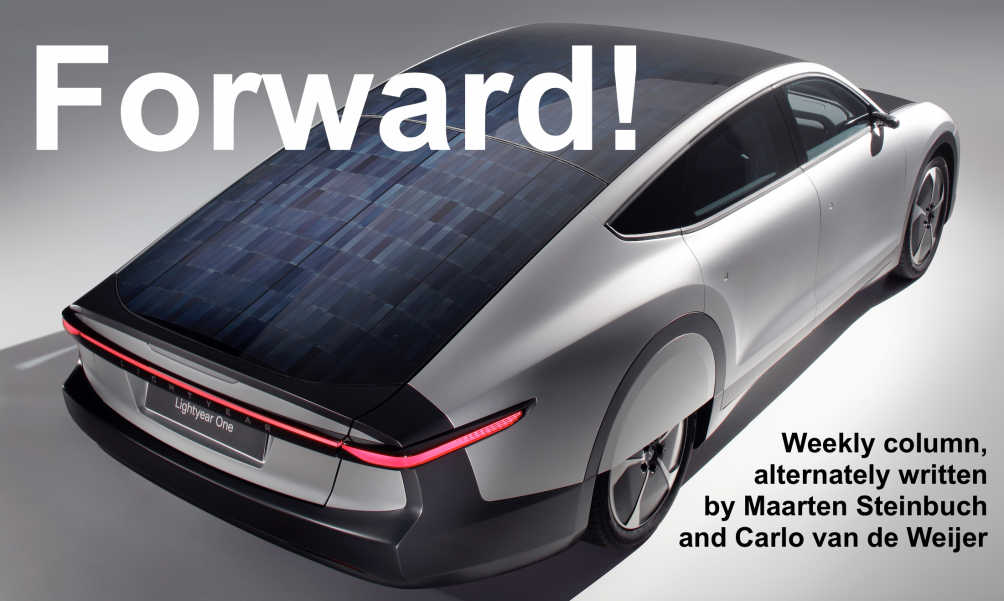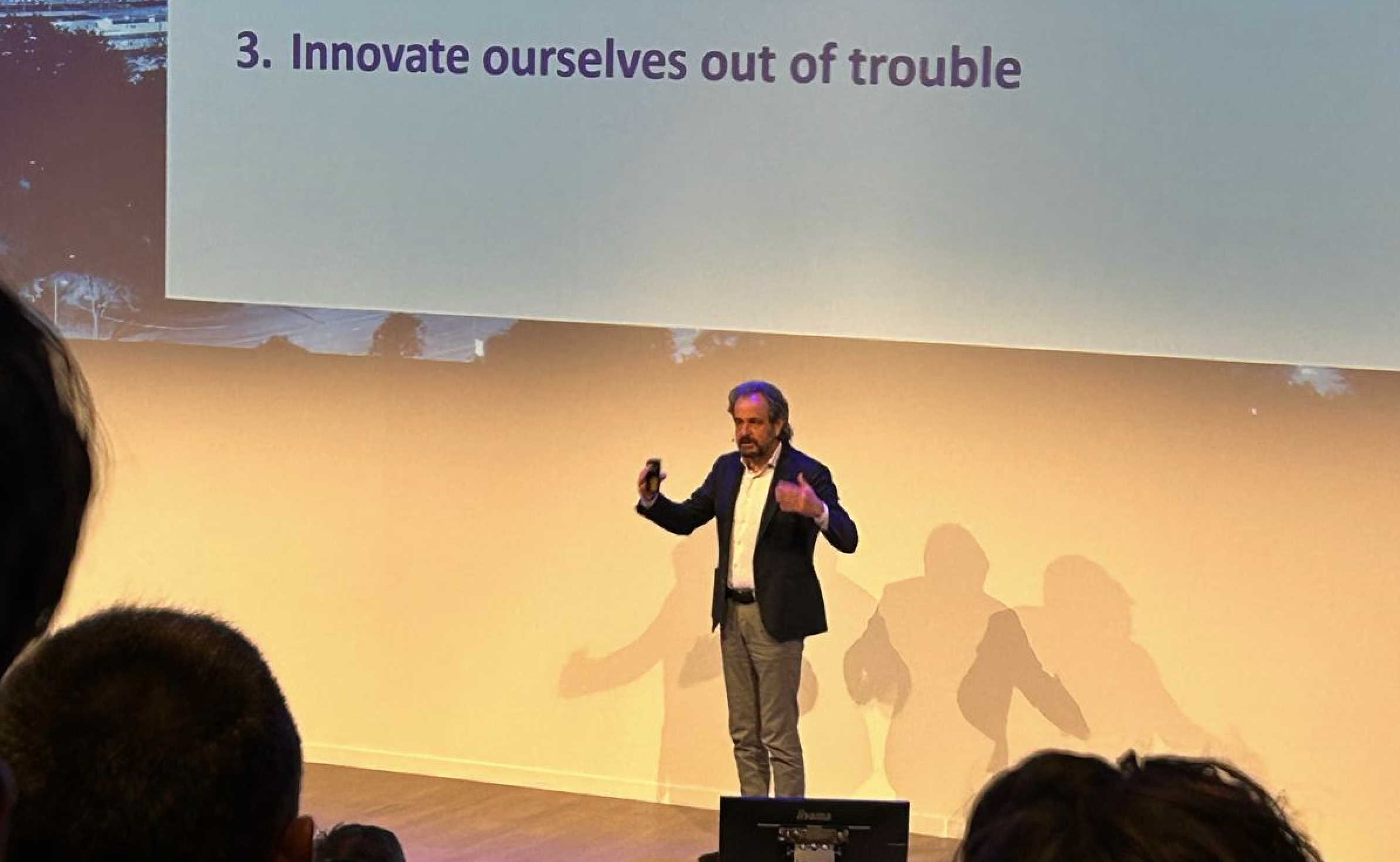
The vacation season has begun and, like last year, it is not a normal season due to the pandemic. But one classic vacation phenomenon did return: black Saturdays. In the first vacation weekends, it seemed even worse than before. Many people still do not dare to fly because of unclear and unpredictable measures, and intercontinental flight vacations are still hardly possible. The car vacation lures as a relatively certain alternative.
I remember fifteen years ago, driving calmly and without much fear to the Mediterranean on such a black Saturday. I was already in fortunate possession of a navigation system with full coverage of traffic information, which was quite unique at the time. That was worth its weight in gold on days like these. Because the typical thing about vacation traffic jams is that there is usually an alternative route available on the secondary road network. In the case of daily traffic jams, commuters have long since found alternative routes. But in a long traffic jam full of strangers, one or two alternative routes are found at most. A modern navigation system easily finds the next alternative, usually with a remarkably limited loss of time and often a much more interesting route.

But as more and more people start using traffic jam information, often available for free, the alternatives are running out. This results in much better use of available capacity, but the advantage of the early adaptors is slowly disappearing. So you must decide to travel on another day, go on a cycling vacation, or simply stay in their own country. It is a wonderful parallel with the commuter who can also work more from home, travel more flexibly, cycle to work, or work closer to home.
This rapid breakthrough of navigation systems has led to another striking phenomenon on the way south. Something that the cities of Liège, Lille, and Lyon have in common besides their initial letter: in all three cities the main north-south connection used to run straight through the city. And all three of these cities have built a highway around the city in recent decades to divert that traffic. But those plans were clearly developed in pre-navigation times. The signs above the road scream to take the long detour, but your navigation system invariably plans a faster route right through town. And rightly so. Near Liege they have tried with a sign saying “GPS off”, but that makes all those anarchistic Dutch tourists even more suspicious, so they listen even more carefully to their navigation. Of course, the ring roads are certainly useful. Because if the road through Liege, Lille, or Lyon gets jammed, a good navigation system will automatically give the alternative route around the city. And trucks can be banned from the city, just like polluting cars.
Perhaps, as with our daily traffic jams, we should just accept that we will be stuck for a while on the way to our vacation destination. And above all, let’s focus on arriving safely because that’s what I’m a little worried about this vacation season. A plane ride may not be the cleanest alternative, but it’s a hell of a lot safer than all those long car rides. And when the accident statistics start pointing in the wrong direction, it’s really black Saturday. I wish you all a happy vacation and a safe return home.
Maarten Steinbuch and Carlo van de Weijer are alternately writing this weekly column, originally published (in Dutch) in FD. Did you like it? There’s more to enjoy: a book with a selection of these columns has just been published by 24U and distributed by Lecturis.



